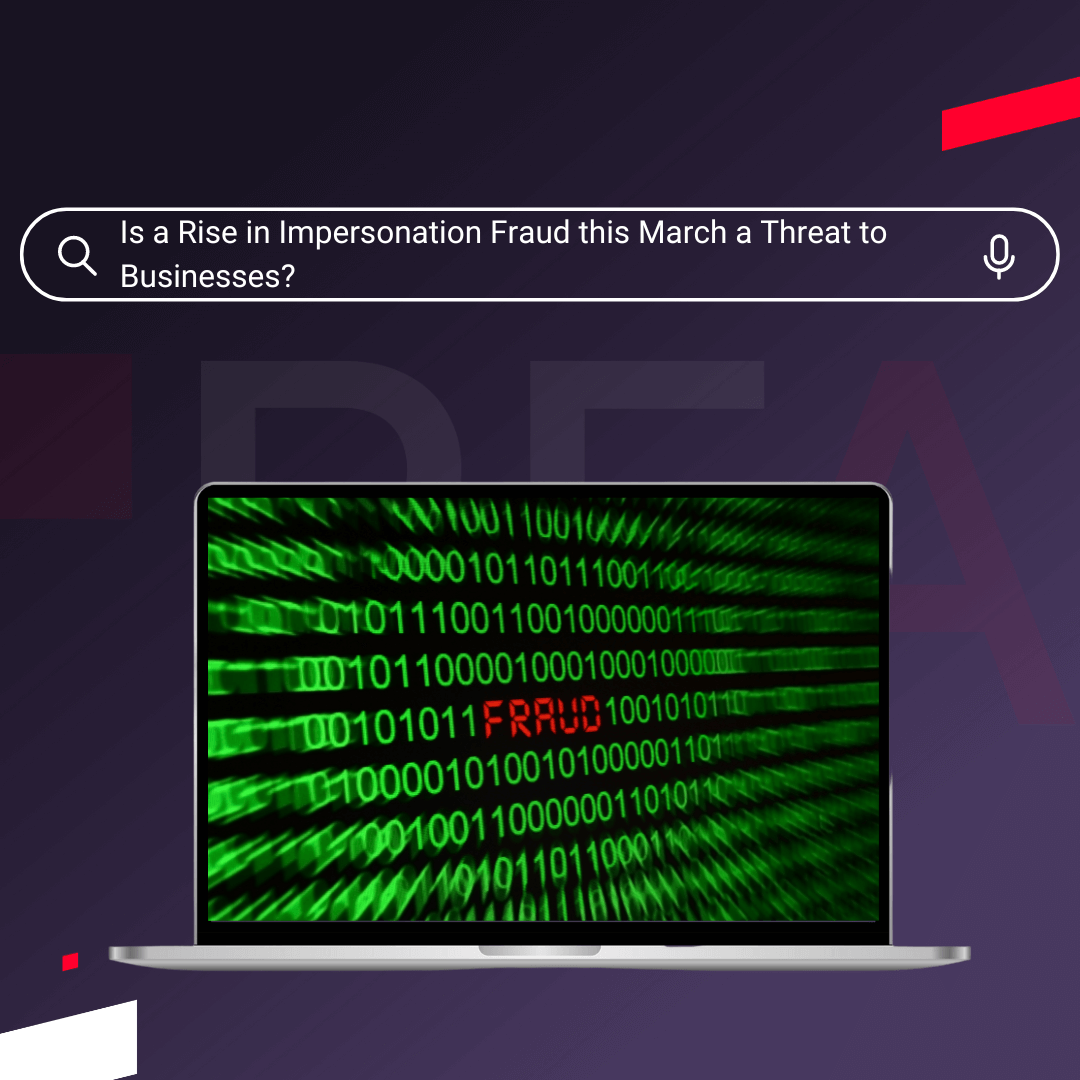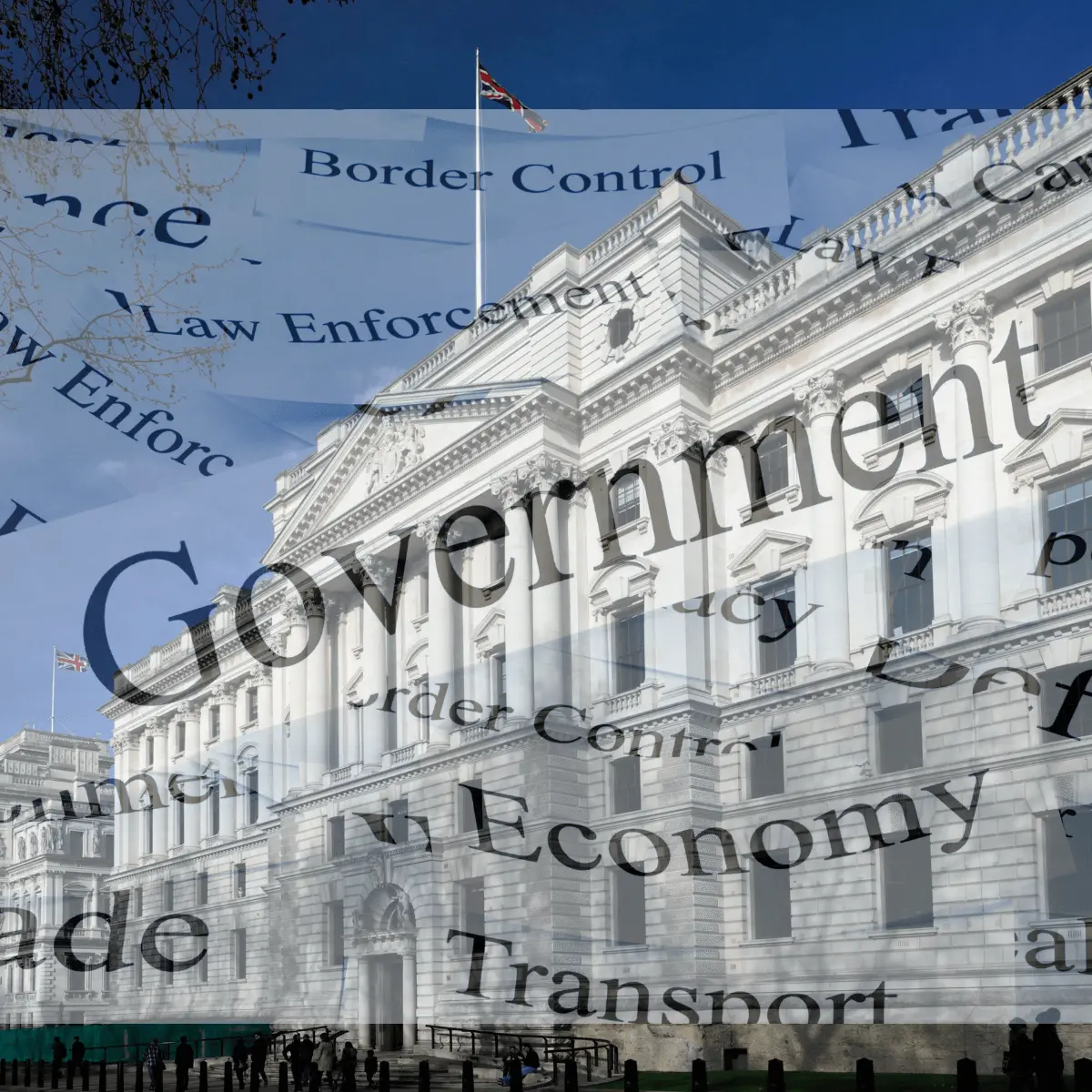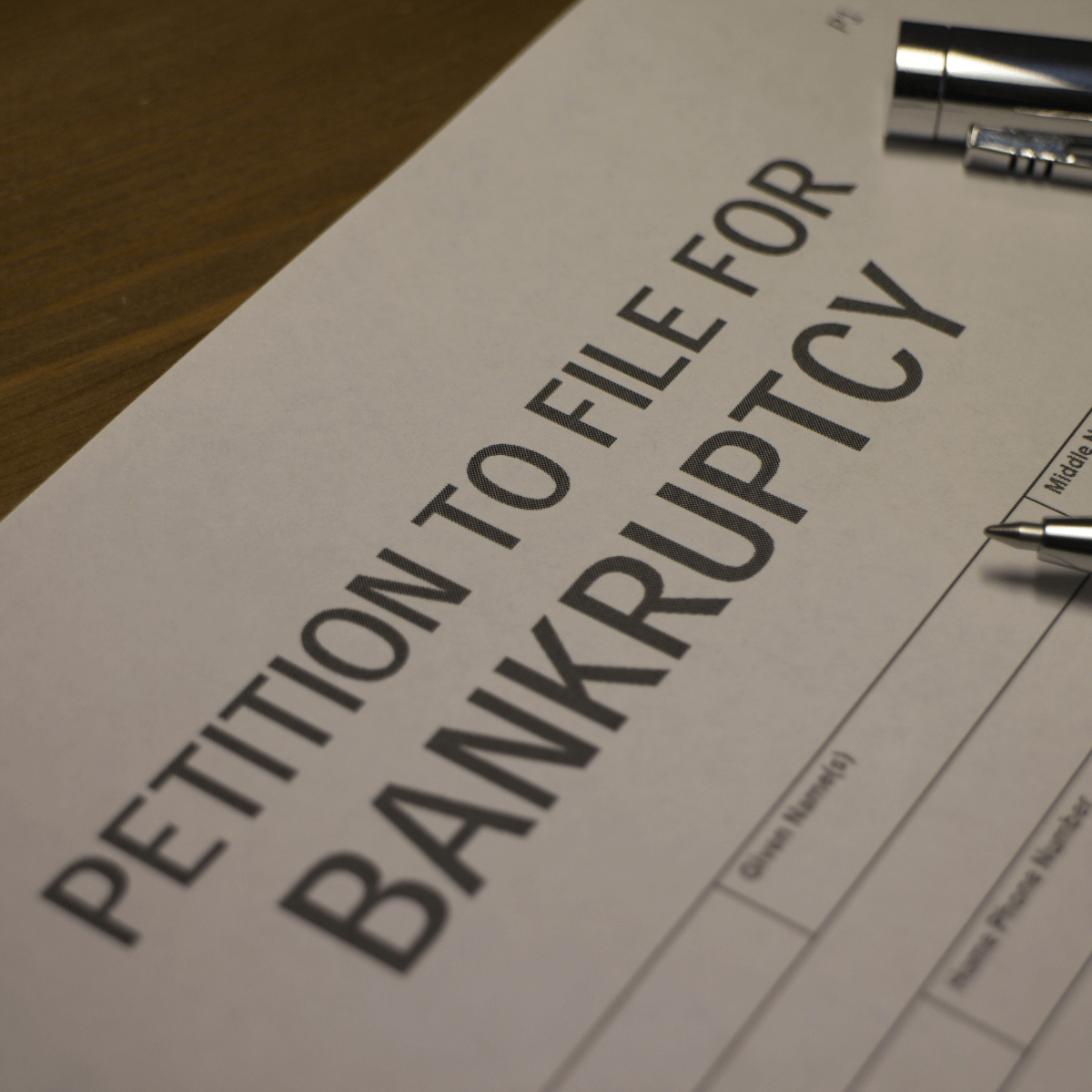Last year, we reported that over 490,000 UK businesses were in significant financial distress – that’s 14% of all UK companies.
Of those, we’d expect up to 4% to fail, leaving the UK economy with over £4.3bn in bad debt.
We reported this during a period of some uncertainty – Brexit and political instability was damaging consumer confidence and impacting UK markets.
However, by the end of 2019 the economy was broadly healthy – unemployment continued to be at a record low, cash flow was improving, and the economy had grown 0.3% during December.
It felt like 2020 was going to be a positive year for business.
However, 2020 has brought anything but positivity; the COVID-19 crisis looks set to do untold damage to the UK economy and lead to considerable growth in bad debt and business failure.
In this article, we’ll take a look at the shape of this debt crisis and explain why we can expect business failure to come in several waves.
Wave One – Weak Businesses Fail
Many of the 490,000 companies are at risk of failure due to poor financial management or because they lack cash reserves to withstand market shocks.
The impact of the lockdown means that more of these businesses will fail than usual and we predict that bad debt in the UK economy will double to £8.6bn in 2020.
Although they won’t fail immediately because of government schemes and interventions set up in the wake of the coronavirus pandemic, they will fail eventually – and probably in large numbers.
While it’s devastating for individuals and the economy when small businesses go into administration, when larger companies fail they usually leave behind millions in debt and the losses spread throughout the supply chain.
Wave Two – Supply Chains Are Decimated
At this point, there will be a ripple effect as well-managed companies that were owed money by businesses lost in the first wave will start to be impacted and one insolvency can cause a chain effect.
This will travel down supply chains, with each large company that fails affecting hundreds of others.
Difficult trading conditions will compound it in the post-pandemic fallout.
The result is a multiplying of bad debt and a slowdown in the economy, with businesses still failing long after the start of the pandemic.
This ‘long tail effect’ will be a more significant risk to companies than the initial trading slowdown or adjusting to special restrictions.
It’s too early to predict the depth or length of the crisis. However, we expect to see waves of business failure and bad debt growing well into 2021 and perhaps 2022.
And as a business that suffers bad debt is three times more likely to fail in the following 12 months than one which does not, it seems that the second wave of insolvencies is inevitable.
Case in Point: Construction Supply Chain
The construction industry is a bellwether for the UK economy and one in which the long tail economic crisis can be pictured.
It was already experiencing a slowdown due to Brexit uncertainty, with many major projects being put on hold at the end of last year.
Now, hard-pressed subcontractors will be on the verge of buckling due to site closures and cancelled projects.
While these companies might weather the shutdown thanks to government initiatives, there’s nothing to say that work will be available once restrictions are lifted.
Projects could be delayed due to materials or equipment shortages and these hold-ups delay access to much-needed cash, putting further strain on companies across the supply chain.
If a lead contractor goes out of business, the subcontractors and suppliers working with them will be left with bad debt. Some won’t be able to take the economic pressure and in turn will fail, leaving their own suppliers with bad debt and so on.
The impact could also spread up the chain – a delay in appointing another lead contractor could render a project economically unsustainable and leave the customer defaulting on its commitments.
Economic difficulties in other markets could also have an impact. For example, oil prices that were already falling are now plummeting. If a company works in offshore construction, they may find that projects dry up due to declining profits.
Protect Your Business
The coronavirus pandemic is likely to have a devastating impact on the UK economy and lead to many businesses – good and bad – failing.
Companies can protect themselves from its effects by tightening up credit risk protocols and regularly checking the financial health of businesses that they deal with.
Even customers with healthy businesses could face collapse in the coming years. For this reason, it’s essential to look out for the early signs of difficulties and take appropriate mitigating action.
Discover how Red Flag Alert’s experienced team can help you mitigate risk and protect your business. Why not get a free trial today and see how Red Flag Alert can help your business?




